Contemporary Stool: Hybrid Joinery Methods
Learn how to combine the speed of the multi-router with the precision of hand work when cutting the joinery for the stool.
This series is a little different from many of our other video workshops. Our original intention was to capture David Johnson’s weaving on video to help drive home the concepts in his article “How to weave a seat with Danish cord” in the Sept./Oct. 2020 issue of Fine Woodworking. While we were there, we thought it would be fun to capture the full build.
David’s stool is fairly simple and there aren’t plans available. This series is more about giving a glimpse into David’s workflow, not just the techniques he uses in his woven seats, but as a woodworker and designer as well. We hope you enjoy it.
In this episode, learn how to combine the speed of machine and the precision of hand work when cutting the joinery for the stool.
About David:
David Johnson graduated from the College of the Redwoods in 1997, studying under James Krenov. He taught himself to weave seats using the definitive book on the subject, The Caner’s Handbook by Jim Widess and Bruce W. Miller, and then later worked for Widess at The Caning Shop in Berkeley. That experience paved the way for where David is now, specializing in the conservation of Danish Modern chairs with woven seats from his home shop in Los Angeles. He also produces original work and teaches weaving.
Videos in the Series
-
Build a Contemporary Stool with a Woven Danish Cord SeatJuly 14, 2020
-
Contemporary Stool: Hybrid Joinery MethodsJuly 14, 2020
-
Contemporary Stool: Adding Curves and TextureJuly 14, 2020
-
Contemporary Stool: Applying a Soap FinishJuly 14, 2020
-
Contemporary Stool: Weaving the Warp Pattern of the SeatJuly 14, 2020
-
Contemporary Stool: Weaving the Weft Pattern of the SeatJuly 14, 2020
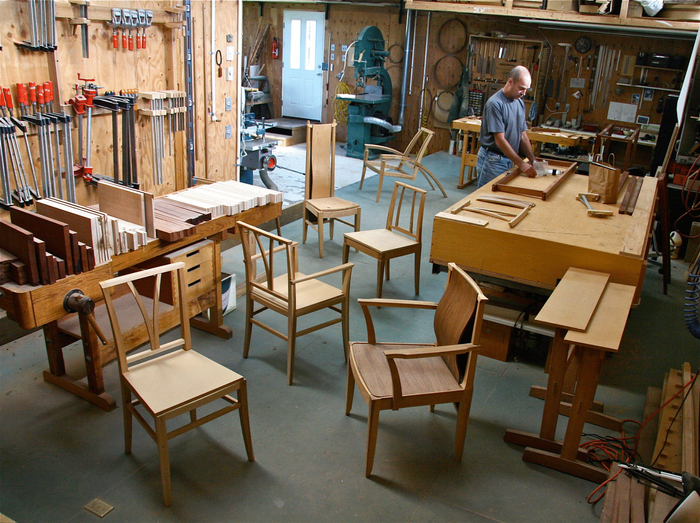

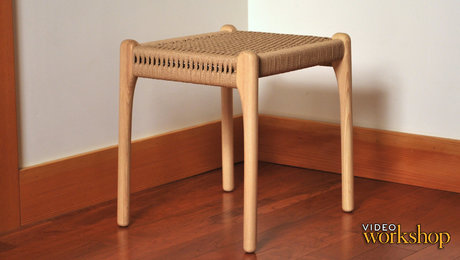
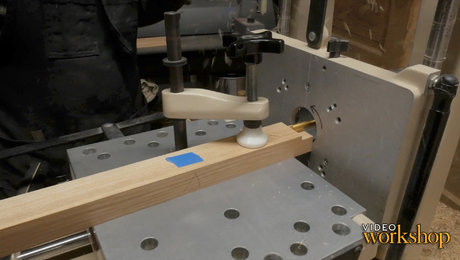
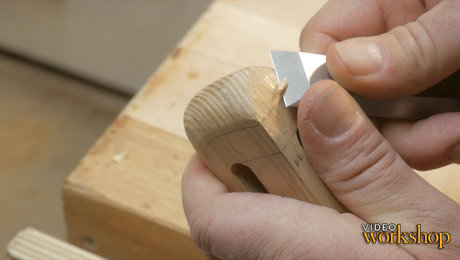
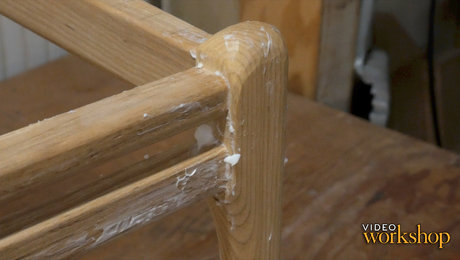
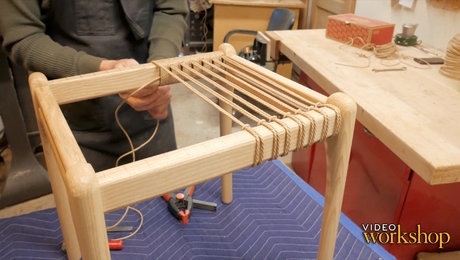
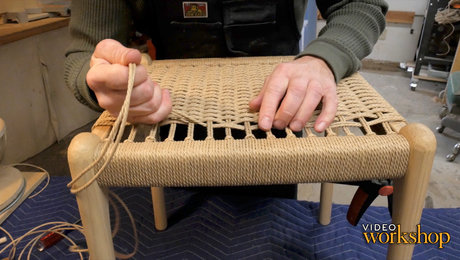






Comments
Why don't you use the Multi-router to finish rounding the tenons using the template system? Is it not accurate enough?
Log in or create an account to post a comment.
Sign up Log in